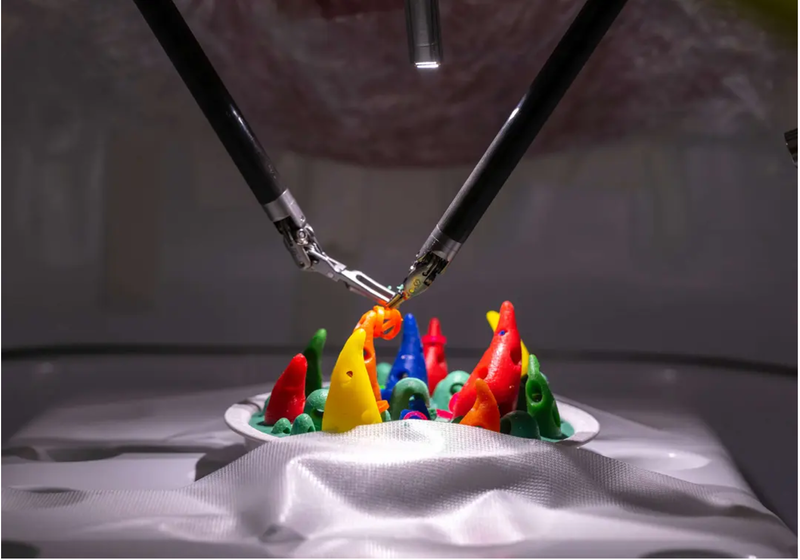In A First, Gene-Edited Pig's Kidney Transplanted Into Human
Surgeons in Boston's Massachusetts General Hospital announced Thursday that a 62-year-old man with end-stage renal disease had become the first living human being to receive a kidney from a genetically modified pig....
Facts
- Surgeons in Boston's Massachusetts General Hospital announced Thursday that a 62-year-old man with end-stage renal disease had become the first living human being to receive a kidney from a genetically modified pig.1
- The four-hour procedure was performed on Richard Slayman of Weymouth, Massachusetts. on March 16. According to the hospital, he will be discharged soon and his recovery is going well.2
- Slayman, who has diabetes and high blood pressure, received a human kidney transplant in 2018, but he had to go back to dialysis last year when the organ showed warning signs.3
- eGenesis, a Massachusetts-based biotech company, had developed the porcine kidney. The company injected seven human genes into the organ to improve human compatibility and removed three genes that could cause rejection.4
- In 2022, two brain-dead patients, a Vietnam veteran from Pennsylvania and a resident from New York, received genetically modified pig-heart transplants, which could each function for over 72 hours.5
- Of the estimated 36M people affected by chronic kidney ailment in the US, at least 800K have end-stage renal disease — a terminal condition that reportedly requires either a kidney transplant or extended dialysis sessions.6
Sources: 1NPR Online News, 2Reuters, 3CNN, 4The New York Times, 5Science News and 6Harvard Medical School.
Narratives
- Narrative A, as provided by eGenesis. This outstanding development opens a new frontier in medicine and demonstrates the potential of genome engineering to change the lives of millions of patients facing acute organ shortages worldwide. In addition, if human-compatible kidneys from gene-edited animals can be successfully transplanted on a large scale, dialysis will become obsolete. While there's a long way to go, the dream of xenotransplantation finally seems within reach, which is a promising sign.
- Narrative B, as provided by The Hastings Center. While xenotransplantation could make the organs more compatible and less likely to be rejected by the human immune system, it would lead to greater animal exploitation and the spillover of animal viruses to humans. Pigs are sentient creatures who feel fear and pain and shouldn't be treated as a source of spare parts. Researchers need to focus on cleaning up the organ donation system — including making organ donation opt-out — and leave the animals alone.







